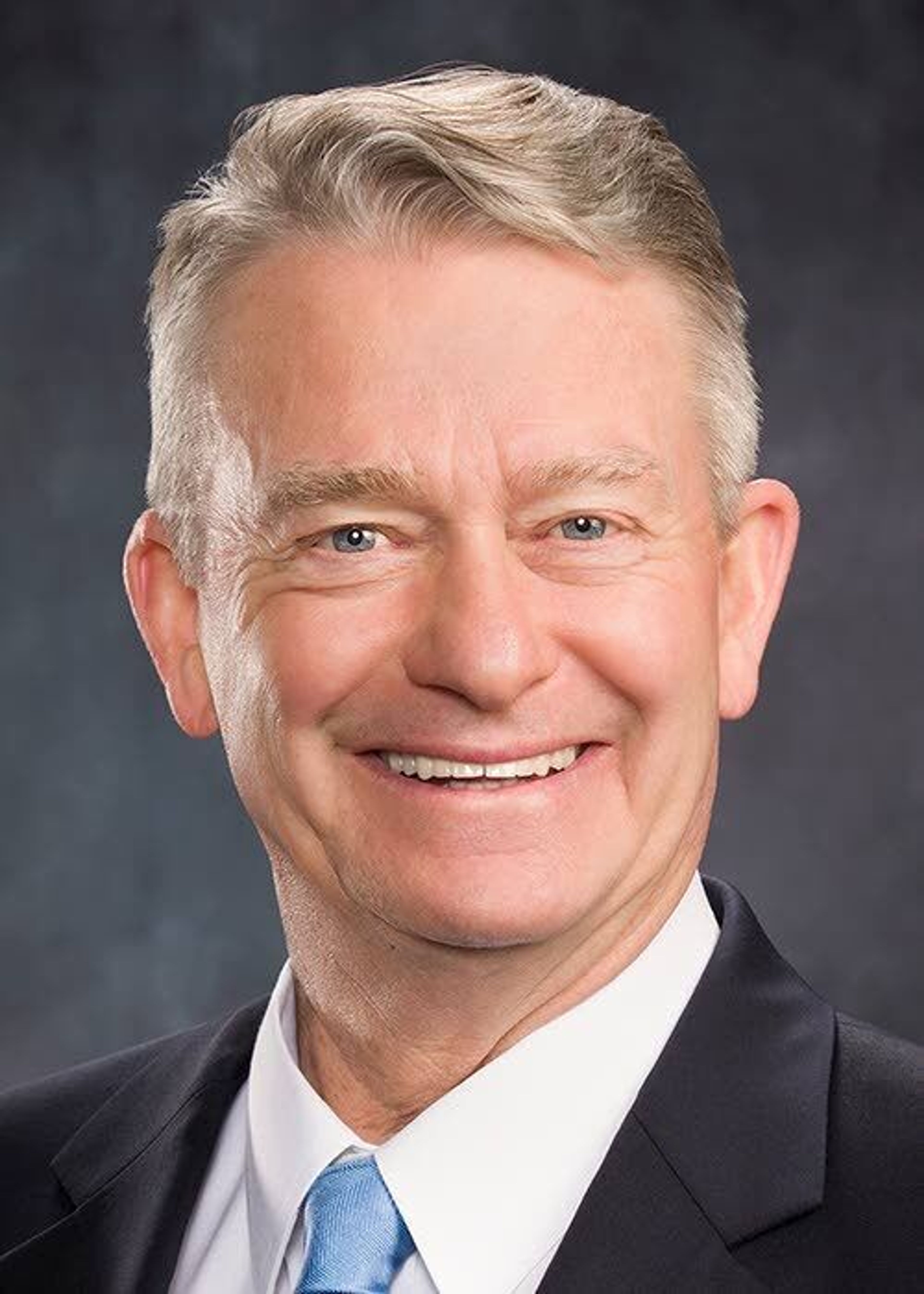Gov. Little addresses salmon work group
Idaho Gov. Brad Little spoke to his salmon work group Tuesday, a year and a half after launching the collaborative body that is expected to finalize a set of fish-friendly policy recommendations by the end of the year.
The recommendations, which will not include breaching the four lower Snake River Dams, are designed to improve conditions for Idaho’s threatened and endangered salmon and steelhead runs. However, group members were clear Tuesday that the measures they are proposing, which are still largely under wraps, will not lead to recovery of the iconic fish vitally important to the Nez Perce and other Native American tribes and prized by anglers throughout the world.
“As good as these recommendations are, they are not going to achieve the goals we set out,” said Mark Menlove of the Nature Conservancy. “This is not a recovery plan, but it is a set of policy recommendations that we do believe will move the needle forward.”
Idaho’s wild salmon and steelhead runs have been imperilled for decades and protected by the Endangered Species Act for nearly 30 years. Numerous federal plans aimed at lessening the impact Snake and Columbia river dams have on the fish have been written by the federal government only to later be rejected by federal judges.
The latest such plan was finalized earlier this year and is being litigated by many environmental and fishing groups as well as the Nez Perce Tribe. In the spring of 2019, Little agreed to convene the group of divergent interests, including tribal fisheries managers, fishing guides, port managers, power company executives and environmentalists.
Early on, they adopted the robust abundance goals of the Columbia River Partnership Task Force, another collaborative group, this one convened by federal fisheries agencies. They also outlined a mission statement, common goals and shared principles. Now, they are putting the final touches on their policy recommendations.
Little thanked the group members for their commitment and said he believes their work will improve conditions for salmon and steelhead and make Idaho a better place — one where kids will choose to stay as they grow to adults.
Little also referenced the Columbia Basin Collaborative, a nascent regionwide effort including himself and the governors of Washington, Oregon and Montana, along with tribal leaders and other stakeholders in similar salmon recovery discussions.
“It’s going to take the states, the tribes and all the stakeholders, the allocation of federal aid — the alphabet soup of all the agencies working together to solve this problem,” he said. “I think it’s very promising that your recommendations will put Idaho on the right path.”
When Little first convened the group, he advised them not to spin their wheels talking about breaching the lower Snake River dams. Nevertheless, the group discussed the controversial proposal opposed by power companies and grain shippers, backed by most fish advocates and even identified by the federal government as offering the best chance at recovery.
However, the group wasn’t able to reach consensus on breaching. Instead, it chose less dramatic actions, many that are already being done.
Still many backers of breaching said Tuesday that dam removal remains the ultimate solution.
“The tribe has conveyed the necessity of restoring the lower Snake River by breaching the lower Snake River dams, investing in local communities and implementing all necessary hatchery production and habitat restoration actions that benefit fish,” said Joseph Oatman, deputy program manager and harvest manager for the Nez Perce Tribe’s Department of Fisheries Resources Management.
As the meeting, likely the group’s last one, wrapped, the members said much of the value of the work over the past 18 months was simply sitting together and learning of each other’s concerns.
“It took us a while to learn how to dance together, but i think we all really did a good job,” Port of Lewiston Manager David Doeringsfeld said. “I think the recovery methods we came up with will make a difference. I’m optimistic about the future.”
Barker may be contacted at ebarker@lmtribune.com or at (208) 848-2273. Follow him on Twitter @ezebarker.
